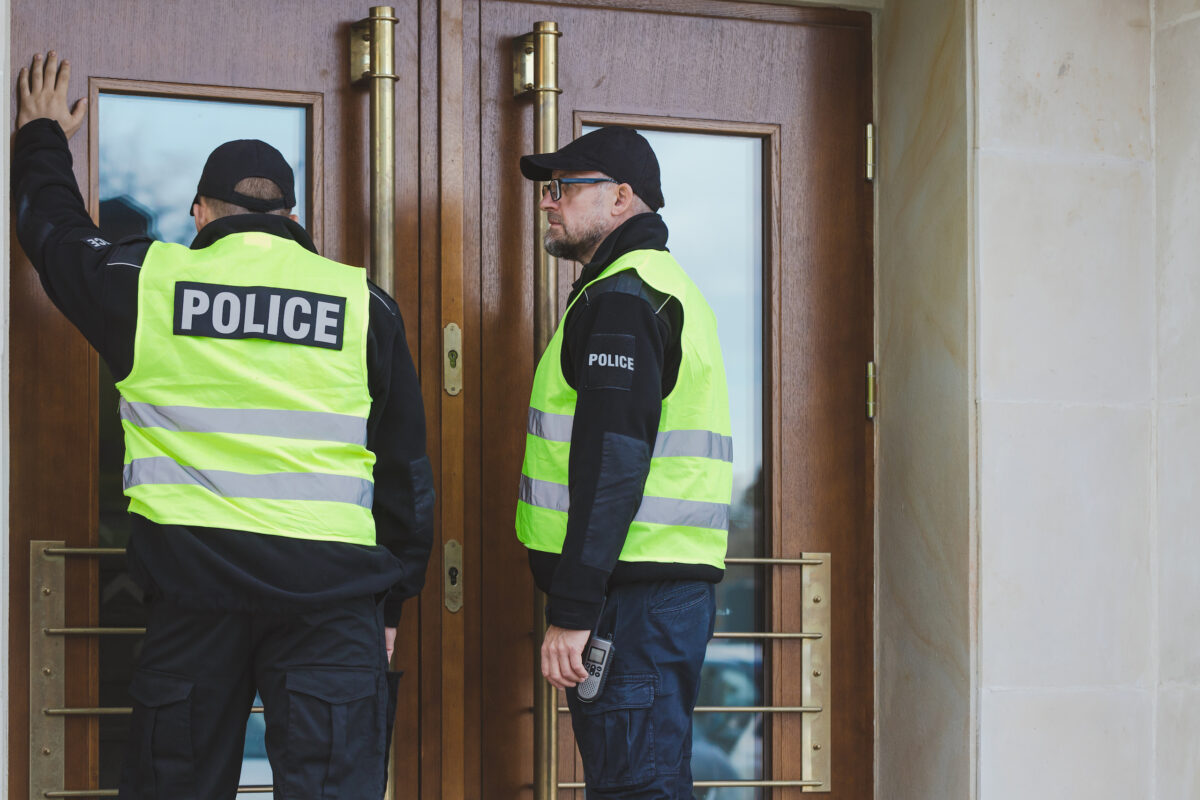The Compassionate Importance of Wellness Checks

Let’s talk about something that often begins the chain of events that might lead to our being hired. The wellness check, also known as a welfare check. These checks play a crucial role in ensuring the well-being of individuals, especially those who may be vulnerable or in need of support. In this blog, we will delve into what wellness checks entail, explore when people should use them, and highlight the compassionate nature of this essential practice.
Understanding Wellness Checks
Wellness checks, or welfare checks, involve a caring and proactive approach to monitoring and safeguarding the health and welfare of individuals. These checks typically involve reaching out to someone, either in person or remotely, to assess their well-being and ensure they are safe and supported. These can also be done from one or more law enforcement officers, especially in response to a request from a friend or family member who is concerned about the person’s wellbeing. They are especially vital for individuals who may be isolated, experiencing mental health challenges, at an advanced age or facing physical limitations.
When Should People Use Wellness Checks?
When does it make sense to call in a wellness check? Here are a few scenarios for when a wellness check makes sense. Now, of course, if you are concerned about someone, you don’t have to wait for one of these situations to be present – you can reach out right now and check up on them.
Isolation and Loneliness
Individuals who live alone or are socially isolated can greatly benefit from regular wellness checks. It provides them with much-needed social connection and helps alleviate feelings of loneliness, fostering a sense of belonging and community.
Vulnerable Populations
Wellness checks are essential for vulnerable folks, including the elderly, individuals with disabilities, or those with chronic illnesses. Regular check-ins help identify any emerging health concerns, offer necessary assistance, and provide peace of mind for both the individuals and their loved ones.
Mental Health Support
Wellness checks are instrumental in supporting individuals struggling with mental health issues. These checks offer a compassionate and non-judgmental approach to identifying signs of distress, providing an opportunity for intervention, and connecting individuals to appropriate mental health resources.
High-Stress Situations
During times of crisis, such as natural disasters or public health emergencies, wellness checks become even more critical. They help ensure the safety and well-being of individuals who may be directly affected or experiencing heightened stress and anxiety.
If you or a loved one might benefit from a regular wellness check, check with your city’s services. San Diego has the YANA Check which allows for the scheduling of regular check ins.
What Happens When Police Do A Wellness Check?
When the police conduct a wellness check, their primary objective is to ensure the safety and well-being of an individual. The specific procedures and protocols followed during a wellness check may vary depending on the jurisdiction and circumstances. However, here is a general overview of what typically occurs during a police wellness check:
Receiving Concerns or Request
A wellness check usually begins with someone expressing concerns about an individual’s welfare. This can be a family member, friend, neighbor, or even a mental health professional who believes that the person may be in distress or facing potential harm. Perhaps they haven’t been seen in awhile, or missed an appointment. Whatever the reason, the concern is voiced.
Assessment and Information Gathering
The police will gather relevant information about the individual, such as their name, address, and any known medical conditions or history of mental health issues. They may also collect details about recent behavior or events that raised concerns.
Dispatch and Response
Once the necessary information is gathered, the police will dispatch an officer or a team to the location where the individual resides. The response time may vary depending on the urgency of the situation and the availability of resources.
Arrival and Initial Assessment
Upon arrival, the police will approach the residence or location specified. They will assess the situation from the exterior, looking for any signs of distress, forced entry, or immediate dangers. If there are indications of an emergency, they may take immediate action to ensure the safety of all involved parties.
Attempted Contact
If there are no obvious signs of immediate danger, the police will attempt to establish contact with the individual inside. They may knock on the door, ring the doorbell, or use other methods to gain attention and assess whether someone is present.
Communication and Observation
When contact is made, the police will engage in a conversation with the individual, aiming to assess their well-being and determine if any assistance or intervention is required. They will be attentive to the individual’s behavior, demeanor, and any visible signs of distress or injuries.
Coordination with Other Professionals
Depending on the situation and the individual’s needs, the police may involve other professionals, such as paramedics or mental health crisis teams, to provide specialized assistance and support.
Resolution and Follow-Up
The outcome of a wellness check can vary depending on the circumstances. If the individual is found to be safe and well, the police may offer reassurance, guidance, or referrals to appropriate resources. In situations where there are concerns for the person’s safety or well-being, further actions may be taken, such as connecting them with social services, conducting a mental health evaluation, or facilitating hospitalization if necessary.
Wellness checks, or welfare checks, epitomize the compassionate essence of caring for others and in some cases are a realistic necessity. Regular wellness checks are vital for those who may be isolated, vulnerable, or facing mental health challenges, providing an opportunity to identify potential concerns and extend a helping hand. Hopefully you don’t ever need to use this information, but if so, you’ll be prepared.
